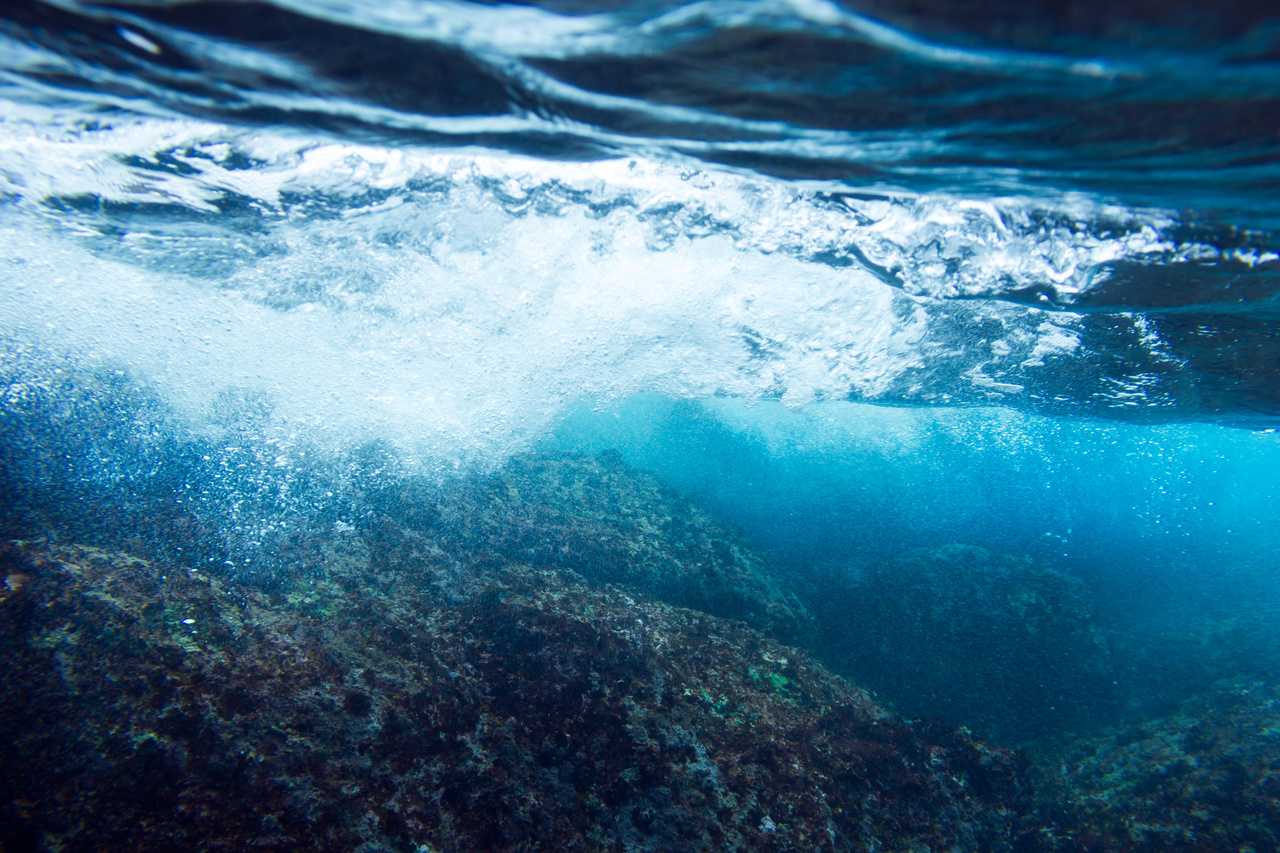Dr Beatriz Peña-Molino, Dr Andrew Lenton and Dr Robert Johnson have recently become the new leaders of our Bluewater and Climate Node.
Dr Beatriz Peña-Molino is a physical oceanographer working for the Climate Science Centre at CSIRO in Hobart. Her interests span the high, mid and low latitude oceans and their role in climate. Her work has mostly focused on observations from a wide range of platforms, from in situ moorings to drifting Argo floats and remote sensing.
Through her work she’s also developed strong ties to the modelling community, and like the rest of the Bluewater and Climate node leadership team, she would like to use her role at IMOS to further breach the gap between observations and models.
Beatriz received a PhD in Physical Oceanography from the Massachusetts Institute of Technology (MIT) – Woods Hole Oceanographic Institution (WHOI) joint program (USA) in 2010. During her PhD Beatriz explored the interaction between the Gulf Stream and the Deep Western Boundary Current in the North Atlantic. In 2011 she came to Australia and joined the former Antarctic Climate and Ecosystems Cooperative Research Centre, where her work focused on the circulation of the Southern Ocean. Since 2017 she has been employed by CSIRO, where she continues to work in the Southern Ocean, as well as in the Indo-Pacific inter-basin exchange program and contributes to Argo Australia.
Dr Andrew Lenton is an ocean carbon cycle modeler in CSIRO (Oceans and Atmosphere), based in Hobart. He has extensive experience in modelling the carbon-cycle at different temporal and spatial scales, from individual organism responses through to earth system models. He also works closely with observations using them to assess models as well as to use novel observational approaches to advance our understanding of carbon processes.
Andrew was awarded his PhD in 2006 from the University of Tasmania, and he did postdoctoral work in France at Pierre and Marie Curie University and Laboratoire des Sciences du Climat et de l’Environment, before returning to CSIRO.
Andrew’s current and future research focuses on key three key impact areas:
- quantifying the past, present and future role of the ocean in the global carbon cycle,
- exploring and understanding the impact of the carbon cycle changes on both climate and marine diversity and productivity, and
- the potential role of technologies in mitigating climate change.
Andrew currently leads the Earth System Science Portfolio within CSIRO’s Climate Science Centre he is also a member of many national and international working groups and projects, and is an Intergovernmental Panel on Climate Change author.
Dr Robert Johnson is a biological oceanographer at the Bureau of Meteorology (BOM) with expertise in phytoplankton ecology, physiology, and productivity. His current role involves making ocean science useful through the design and implementation of ocean and remote sensing models into operations within the BOM.
Rob applies this expertise to ocean remote sensing focusing on ocean colour and sea-surface temperature satellite and airborne imagery. For the last little while his work has been focused on the use and development of tailored satellite remote sensing algorithms and models in the detection and quantification of phytoplankton in the Australian region. Rob was awarded his PhD from the University of Tasmania for having developed novel ocean colour algorithms for the Southern Ocean and Antarctica.
Our thanks to the outgoing Bluewater and Climate Node leaders, Professor Pete Strutton and Dr Steve Rintoul, who will remain involved in the science of the Bluewater and Climate Node.
If you would like to keep informed about the Bluewater and Climate Node please email [email protected].
